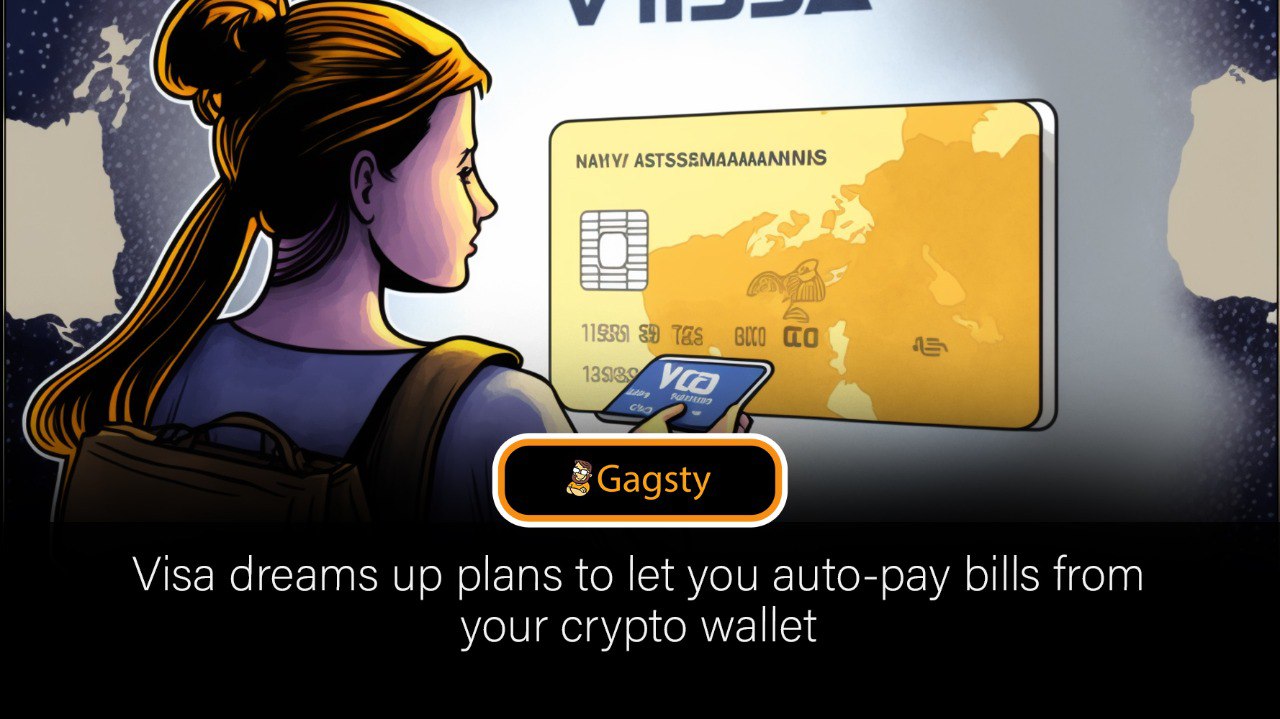
Programmed installments for bills are ordinary in the conventional financial world and Visa has proposed a method for imitating the help utilizing blockchain innovation.
Crypto-clients may one day have the option to naturally pay their power and phone bills through their self-custodial crypto wallets, as per installments goliath Visa.
In a Dec. 20 blog entry, Visa’s crypto thought initiative group proposed an answer that would permit suppliers to automaticall “pull” assets from clients’ Ethereum-controlled crypto wallets, without requiring the client to approve each exchange physically.
Auto-installments for repeating bills are typical in the conventional financial world, empowering clients to allow specific specialist co-ops to draw from their picked ledgers to take care of off bills —, for example, a Netflix membership or a month to month phone bill.
Such an instrument isn’t feasible for proprietors of self-custodial wallets, said Visa, noticing that computerized programmable installments that pull installments from a client’s record at repeating spans “requires designing work.”
This is on the grounds that in self-custodial wallets the client is the main individual in charge of the confidential keys, meaning they need to physically approve exchanges as “a brilliant agreement can’t start exchanges all alone.”
In its specialized piece, Visa said programmed repeating installments by means of crypto would be conceivable through another sort of self-custodial wallet called “delegable records,” which depends on the “Record Reflection” (AA) idea.
Ethereum prime supporter Vitalik Butering set forward the idea in 2015, which basically considers Ethereum-based wallets and shrewd agreements to be consolidated into a solitary record, among other use cases.
Through an AA-based self-care wallet or delegable record, the Visa group expresses that client records would “capability like savvy contracts,” implying that individuals can plan exchanges without closing down to start every exchange.
“This application could permit a client to arrangement a programmable installment guidance that can push reserves consequently starting with one self-custodial wallet account then onto the next at repeating spans, without requiring the client’s dynamic interest each time,” the post peruses.
The proposition is essential for the crypto-accommodating company’s more extensive examination into new roads for blockchain development and to work around inflexible prerequisites hardcoded into Ethereum exchanges.”
The group concedes that while auto-installments can be coordinated moderately effectively through wallets facilitated by different gatherings, for example, trades, this obviously implies the client would need to believe their assets will be overseen suitably by said parties.
This was demonstrated to be a significant gamble this year, particularly given the liquidations of FTX, Explorer, BlockFi and Celsius to give some examples.
The post likewise features that AA has been proposed as a component of different Ethereum Improvement Proposition throughout the long term, in any case hasn’t gone through because of trouble in execution. This is because of it requiring numerous convention changes and “security assurances to be met.”
The Visa group expressed that it has currently effectively given its delegable records a shot a confidential chain from layer 2 scaling arrangement StarkNet, as the organization upholds AA.
Accordingly, the post presumes that auto installments are not far away, given the Visa group had the option to execute delegable records inside StarkNets’ “account model.”
Leave a Reply